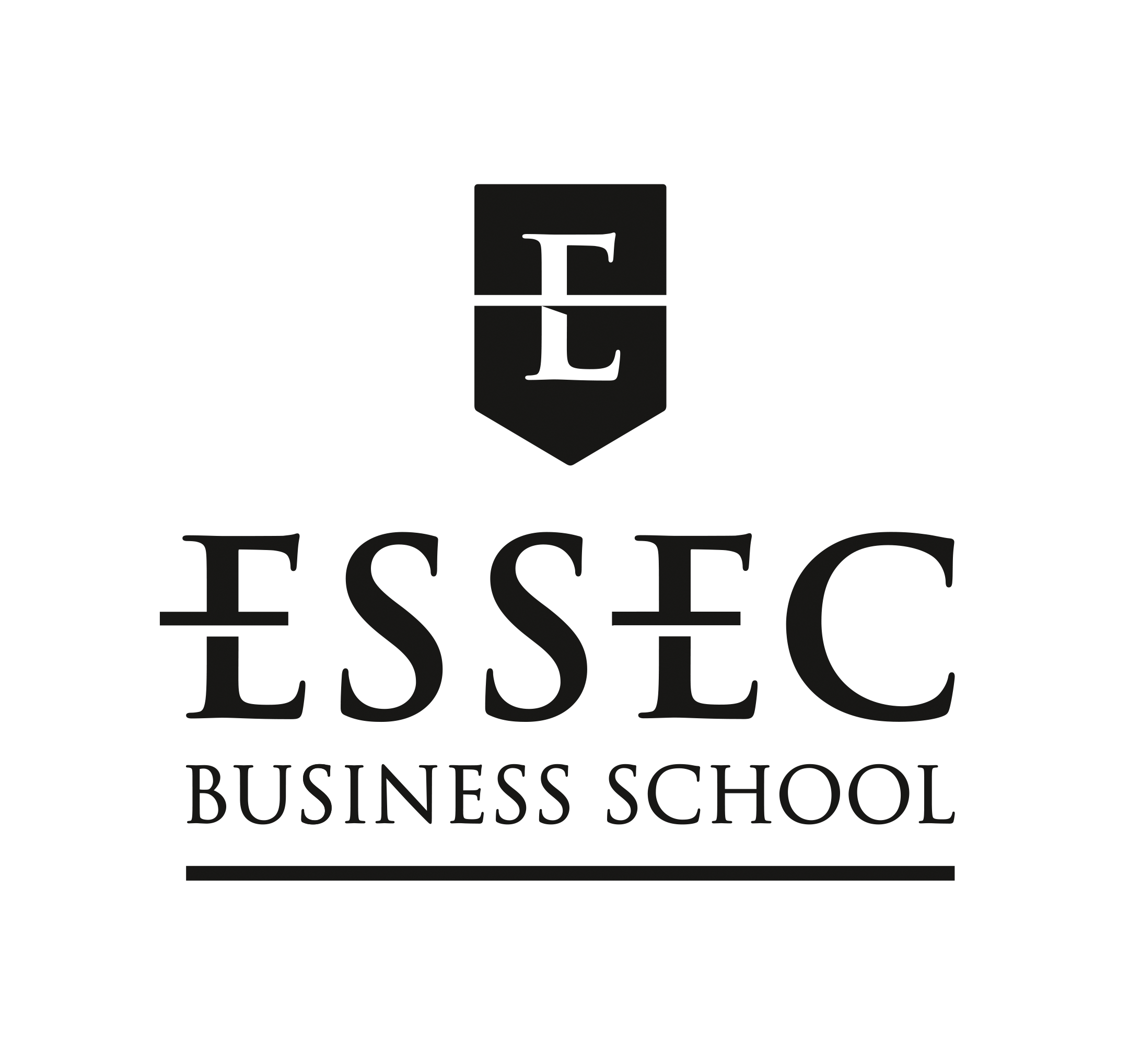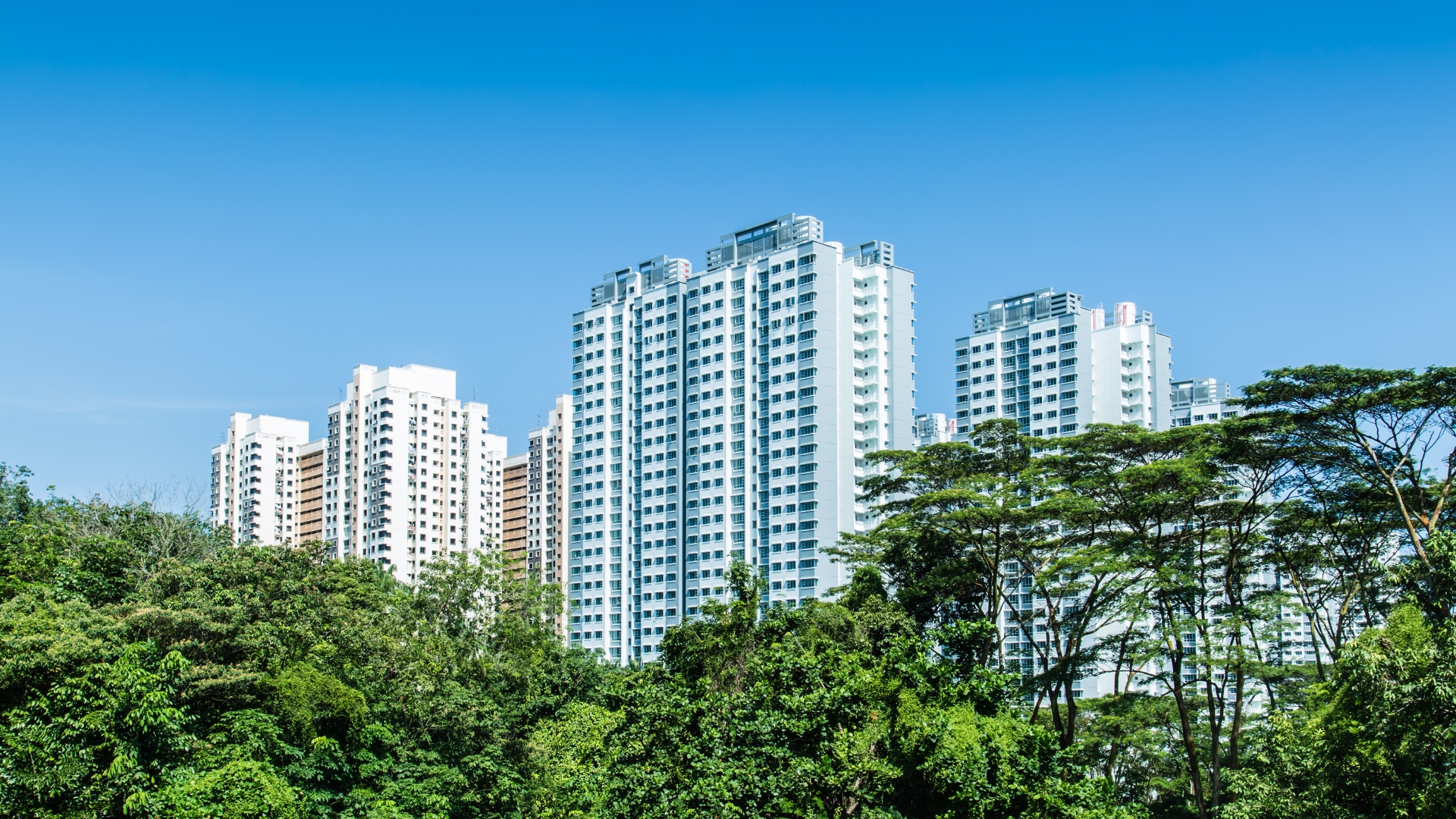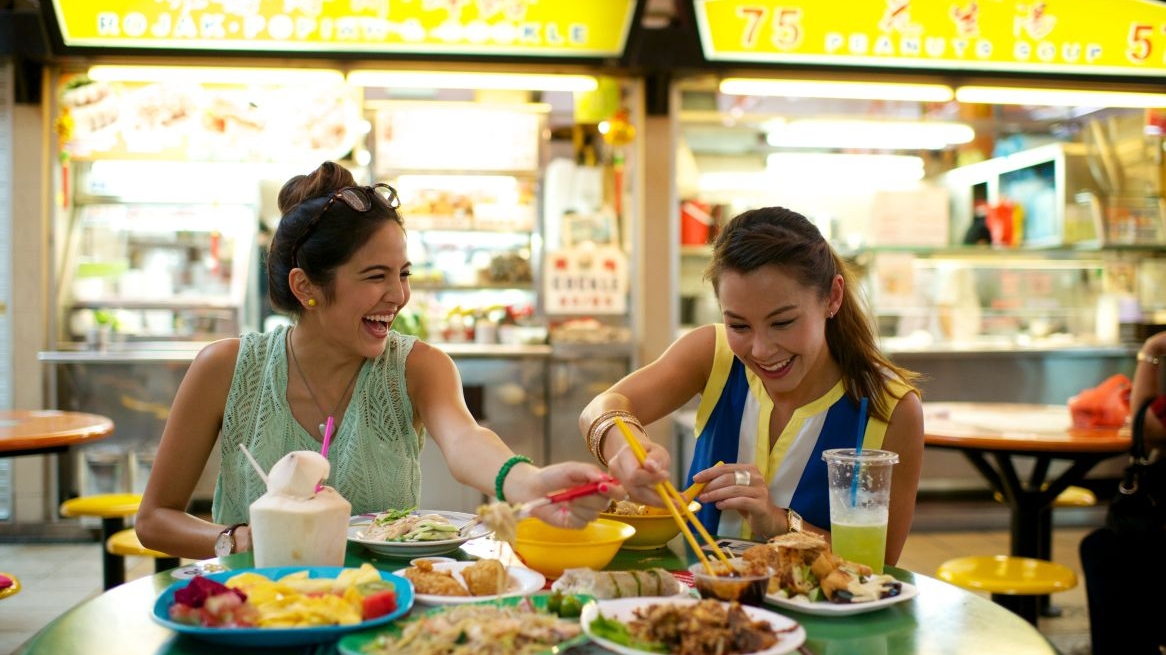Living in Singapore
Take a peek into one of the safest and most efficient cities in the world.
Three Challenges GBBA Students Face Looking for Housing and How to Overcome It
How do you begin house-hunting with as little sweat and tears as possible?
Life at ESSEC APAC: Wallet-Friendly Hacks to Cost of Living
Living in Singapore need not burn a hole in your wallet. Hear from students at ESSEC Asia-Pacific in Singapore about their top four tips for…
The Roommate Debate and Other Questions to Ask Yourself When Renting
Coming to ESSEC Asia-Pacific campus in Singapore and looking for somewhere to stay? From facilities to roommates, here are four important factors to…
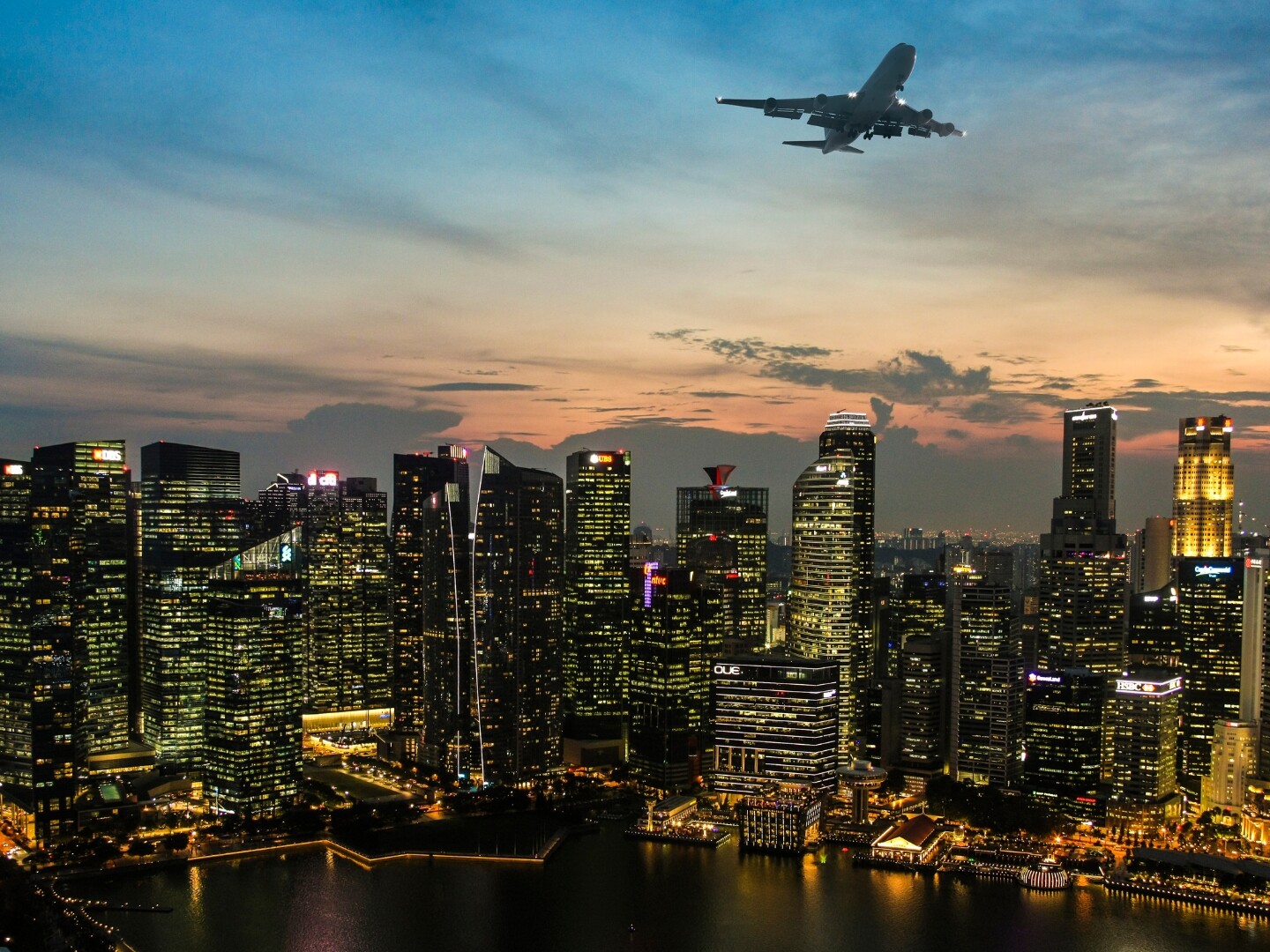
Things to know about Singapore
A brief view of what you need to know about Singapore.
QUICK INFO
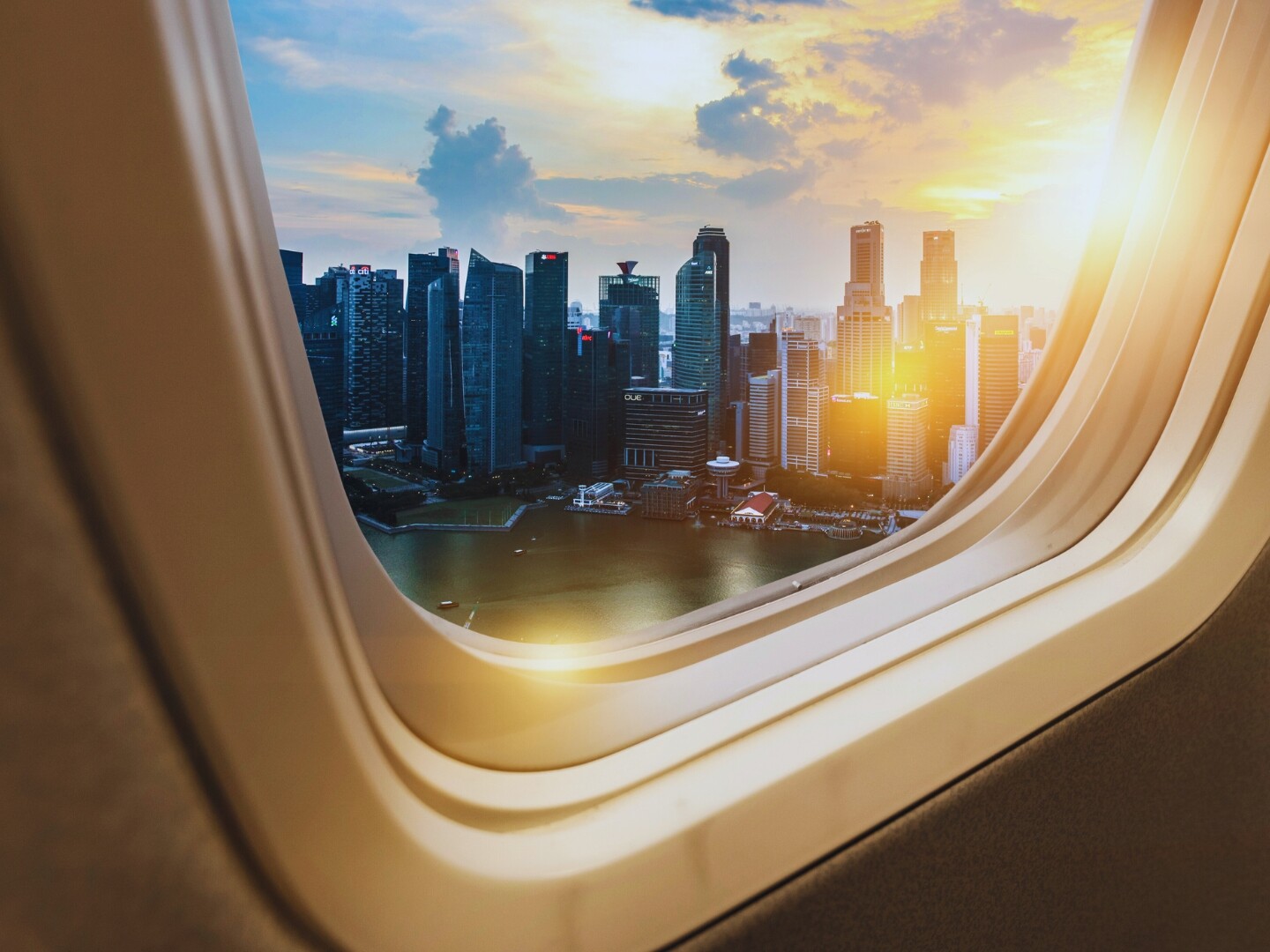
Travel requirements
Visitors should familiarize themselves with the latest travel guidelines and health protocols to ensure a safe and enjoyable trip to Singapore. Responsible travel practices are essential for safeguarding visitors and locals, and staying informed is key to a hassle-free experience.

Currency
The official currency of Singapore is the Singapore dollar, available in a variety of notes and coin denominations. Tourists should familiarize themselves with the local currency to facilitate transactions, and consider exchange rates and available denominations for smooth financial dealings during their stay.

Language
English is predominantly spoken in Singapore, making it convenient for tourists from English-speaking countries. Additionally, many Singaporeans are bilingual, often speaking Mandarin, Malay, or Tamil, reflecting the cultural diversity and linguistic richness of the city-state.
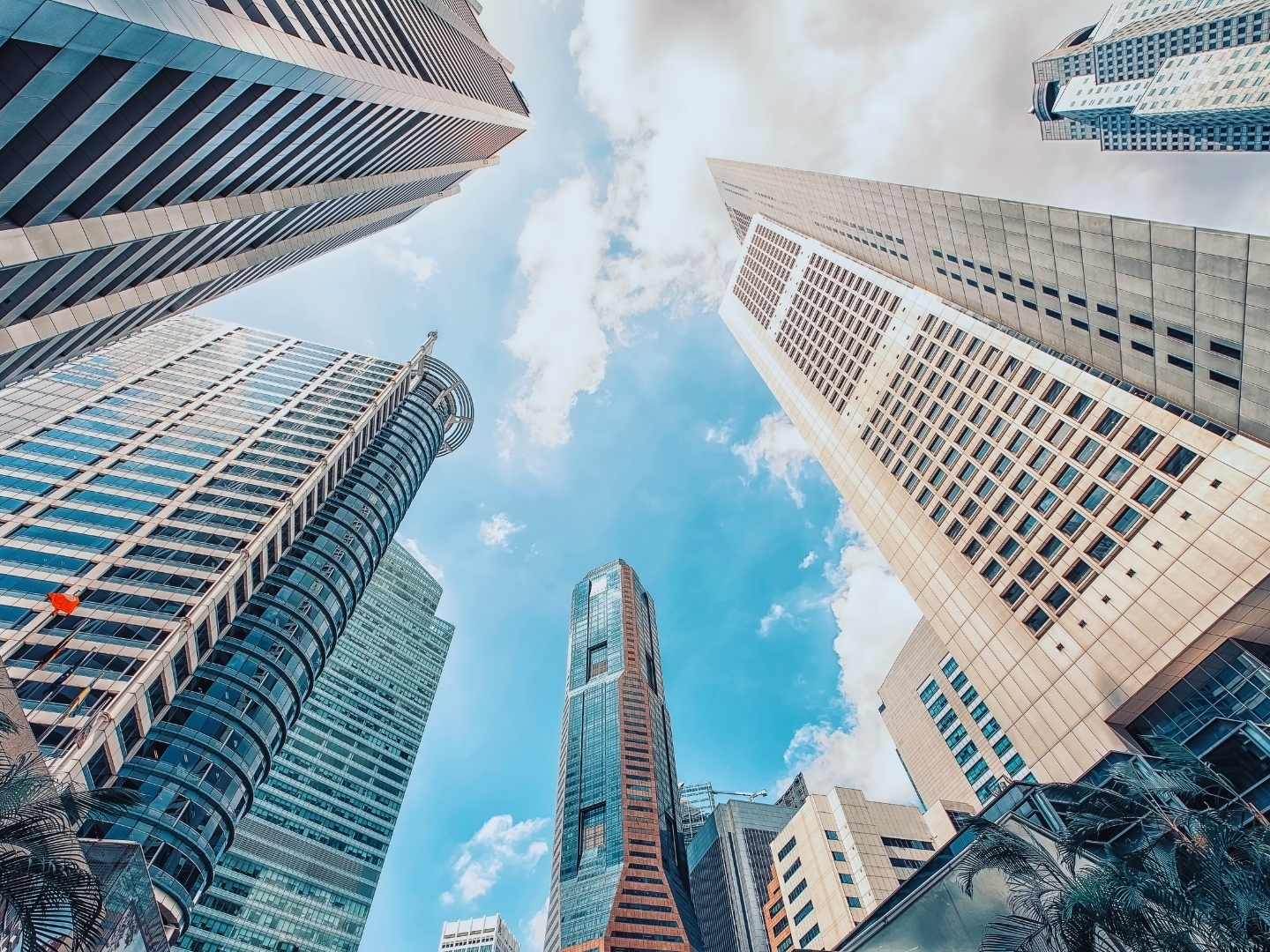
Weather
Singapore’s climate is characterized by heat and humidity throughout the year, with temperatures frequently exceeding 30°C. Tourists should be prepared for sudden rain showers, which are typically heavy but brief, and plan their outdoor activities and attire accordingly.

Safe drinking water
Singapore’s tap water is safe and meets World Health Organization standards, ensuring tourists can drink it directly. Bottled water is also widely available, providing options for those who prefer it or for convenience while traveling.

Useful numbers
In emergencies, tourists in Singapore can contact the Police (999) and Ambulance or Fire Brigade (995). For flight information, the dedicated number is 1800 542 4422, offering assistance and updates to travelers.

Wi-Fi and connectivity
Anyone in Singapore can easily stay connected thanks to the availability of free Wi-Fi at Wireless@SGx hotspots. By using a foreign mobile number and downloading the necessary app, visitors can access the internet, although they should be mindful of potential overseas charges.

Tax refund
Visitors to Singapore can benefit from a tax refund policy, allowing a return of 9 percent GST on purchases above SG$100 at participating outlets. This policy is designed to enhance the shopping experience for tourists, making it more affordable and attractive to buy goods in Singapore.

Tipping
While not mandatory, tipping for exceptional service is appreciated in Singapore. This is in addition to the standard 10 percent gratuity added to bills in some restaurants and hotels, reflecting a culture of recognizing and rewarding good service.

Power plug
In Singapore, the standard electrical voltage is 220-240 volts AC, with a frequency of 50 cycles. Tourists should use power plugs with three square prongs for compatibility with local sockets, ensuring their electronic devices can be safely and effectively charged.
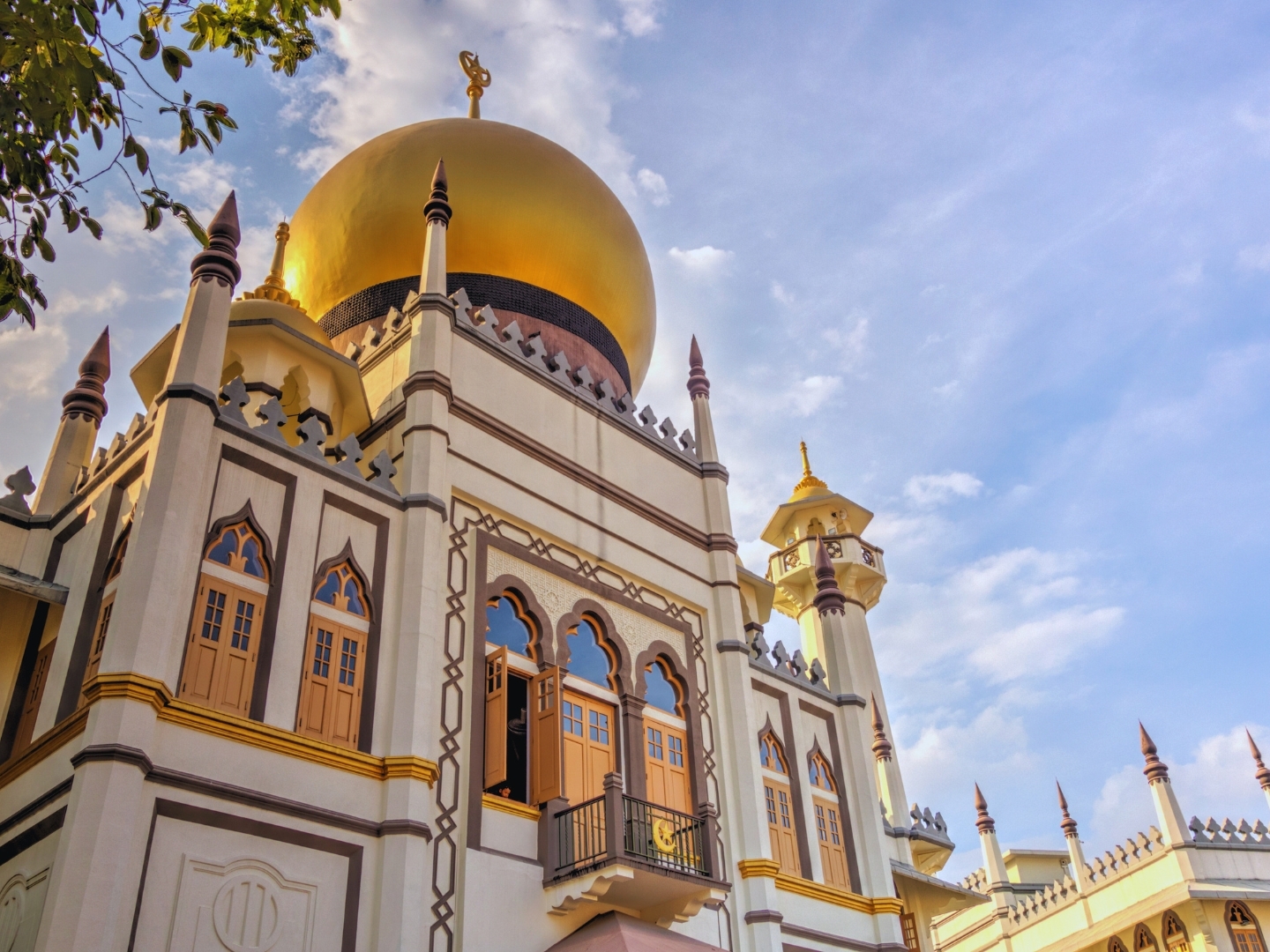
Prayer facilities
Acknowledging its diverse visitors, Singapore provides Muslim-friendly prayer facilities in major hotels and attractions. Tourists can find mosques throughout the city and should check with specific venues for more details, ensuring a comfortable and accommodating experience for those observing religious practices.
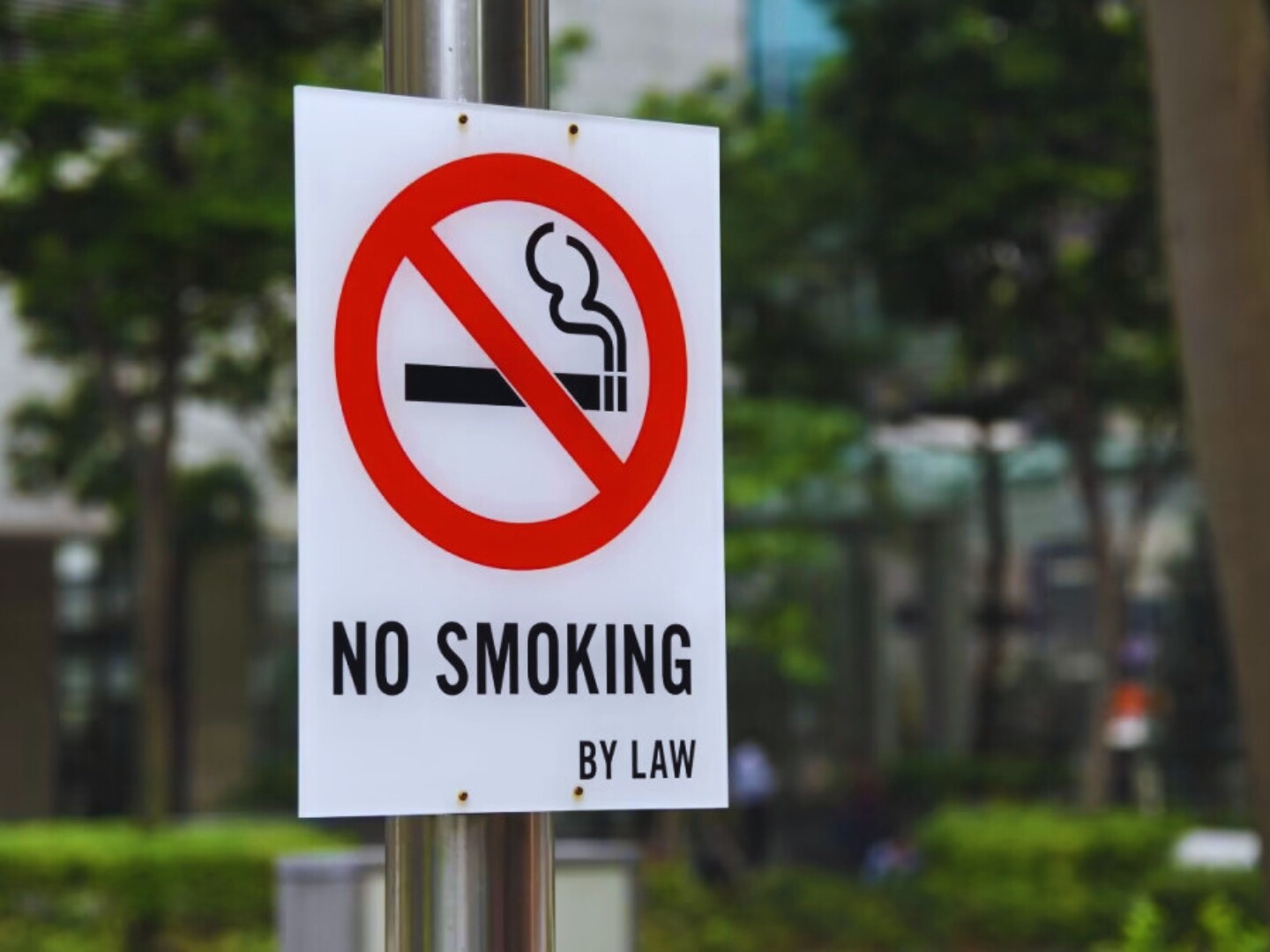
No smoking areas
Singapore enforces strict no-smoking regulations in all air-conditioned places, including malls and eateries. Designated smoking areas are provided for smokers. Tourists should note that cigarette possession is for personal use only, and tobacco products should not exceed 400g.
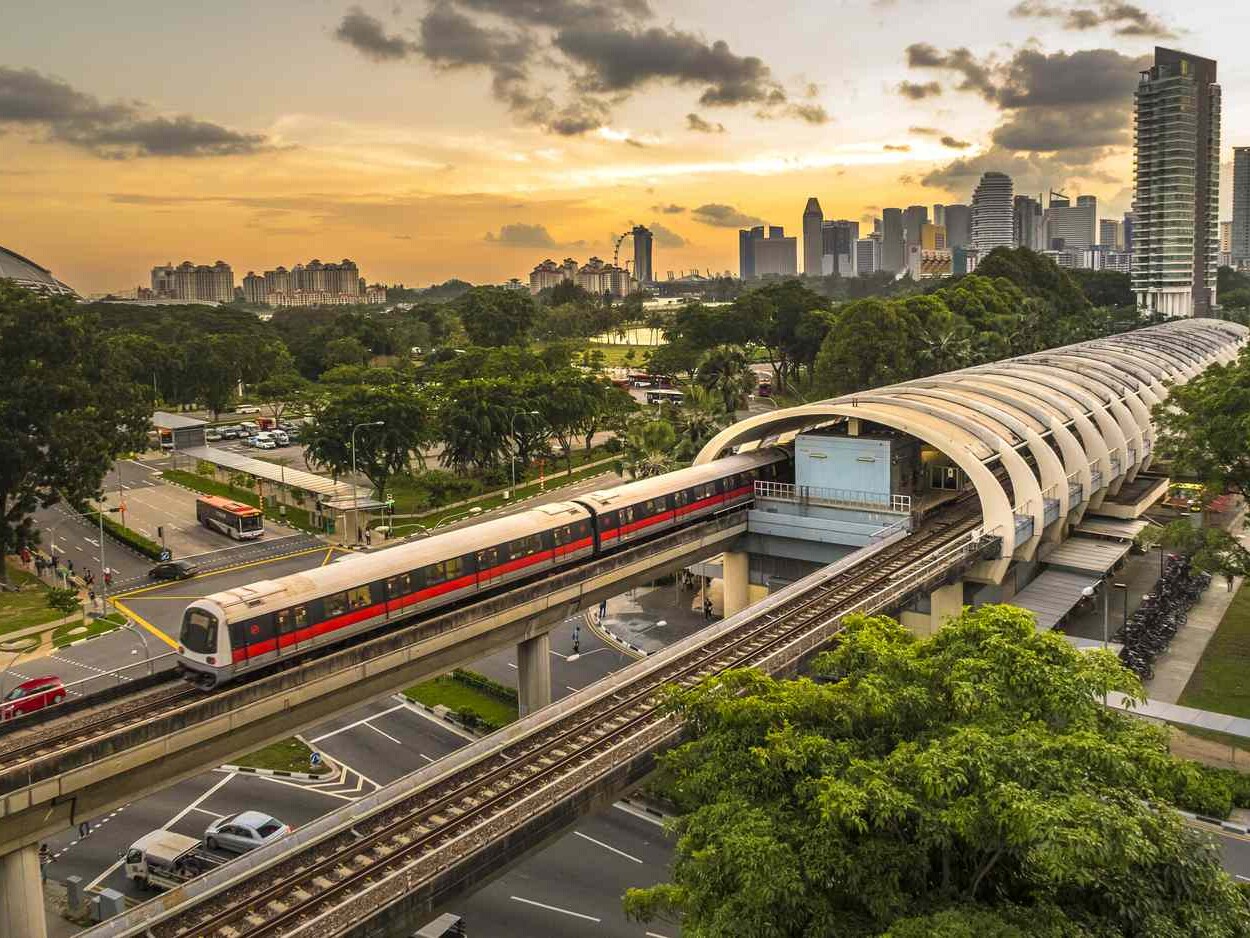
Getting around Singapore
In Singapore, public transportation is efficient and convenient. You can choose from trains, buses, and taxis as your primary modes of transport. Various navigation apps and payment types are also accepted.
MODES OF TRANSPORT

Public buses
Singapore's public bus system, operated by SMRT, SBS, and Tower, offers consistent fares across different routes. Buses provide convenient access to MRT stations. The nearest stop to our campus, ESSEC Business School, is easily accessible. For real-time updates, the Bus@SG app is available for iOS and Android. Visit SBS Transit or SMRT.

MRT trains
Singapore's Mass Rapid Transit (MRT) train system is fast and affordable, with high frequency during peak and off-peak hours. The nearest stations to our campus are One-North MRT (Circle Line) and Buona Vista MRT (East West Line), both within walking distance. For more information, visit SMRT or SBS Transit. MRT services run until around midnight.

Taxis/Private Hires
Taxis are a convenient but costlier transportation option in Singapore but still cheaper than in Western Europe. Starting fares are SG$4.10, with additional charges during peak hours. The Grab mobile app is popular for easy booking. Notable taxi services include City Cab and Maxi Cab, which are ideal for airport transfers or larger groups.

Bicycles
Bicycles are a practical choice for short distances and also a popular recreational activity in Singapore. Advantages include speed, cost-effectiveness, and exercise. However, cyclists face challenges like limited respect from vehicle drivers and navigating pedestrian sidewalks. Additionally, Singapore's hot and humid climate can be a deterrent.
HOW TO PAY FOR TRANSPORTATION

Cash
While single-trip MRT tickets are unavailable, buses accept exact cash payments without change. To estimate your fare beforehand, use the online fare calculator at LTA Fare Calculator, which offers a convenient way to plan your cash expenses for bus rides.

Cashless
For cashless convenience on public transport, simply tap your contactless credit/debit card or mobile device at MRT fare gates or bus card readers. Using a mobile device? Hold it a bit longer at the reader for seamless transaction processing, just like a traditional travel card.

EZ Link Card
EZ-Link cards offer cost-effective and easy travel on buses and MRT trains. Purchase these pre-paid cards at MRT stations or listed retailers and top-up at machines, booths, or 7-Eleven stores. The option has also expanded into retail payments and has a mobile app for managing balances and transactions.

SimplyGo
Use SimplyGo for easy fare payments with contactless credit, debit cards or mobile wallets on public transport, eliminating the need for a separate travel card or machine top-ups. Learn more at SimplyGo.
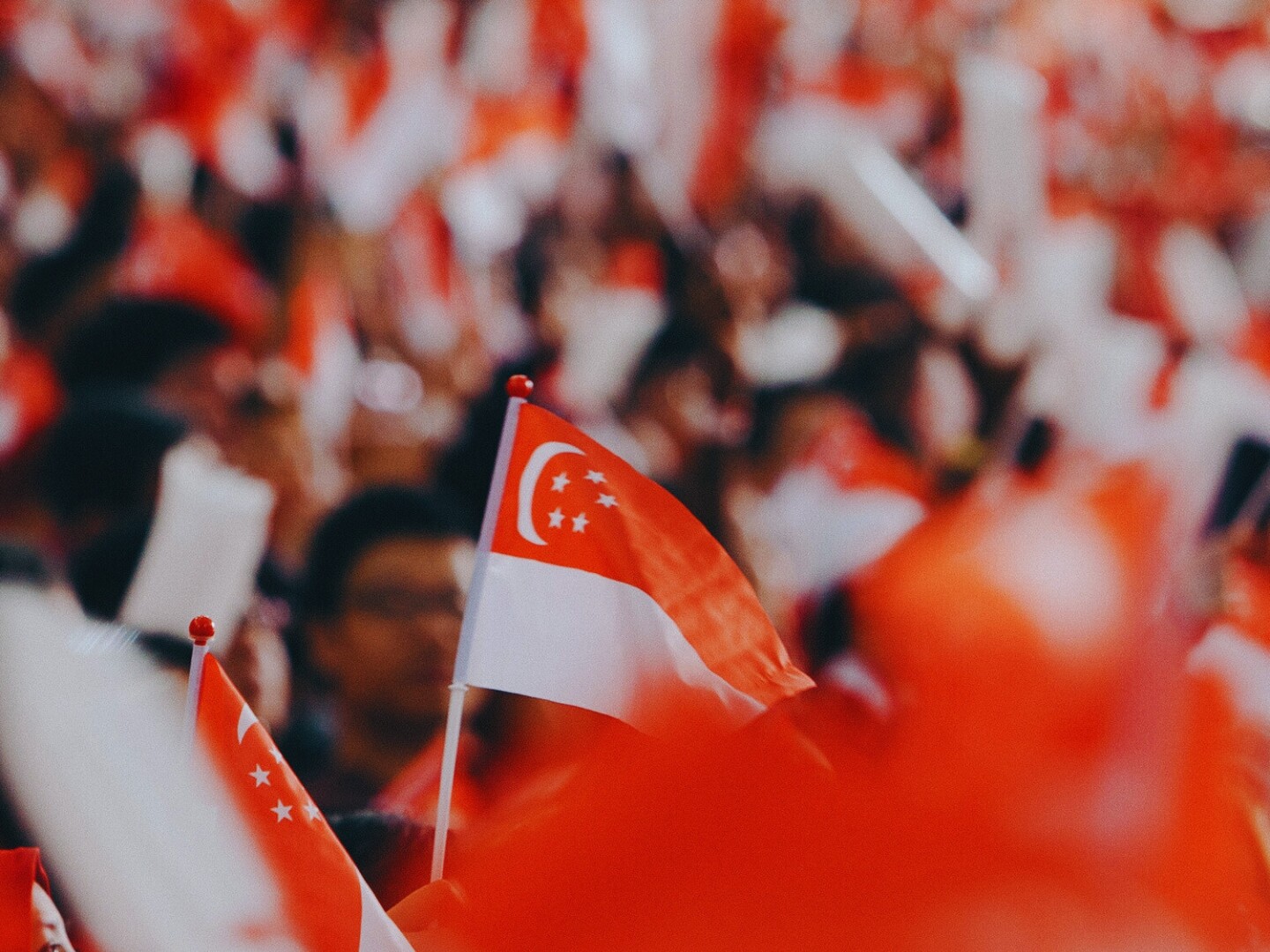
Population
Singapore’s population is 5.92 million, including 3.61 million citizens and half-a-million permanent residents. This diverse population primarily comprises descendants from the Malay Peninsula, China, and India, supplemented by many foreigners working or studying in this multicultural hub.
Race
In Singapore, the resident population is ethnically diverse: 74 percent Chinese, 13 percent Malay, 9 percent Indian, and 3 percent Eurasian or of other descents. This mix reflects the country’s rich cultural tapestry and history of immigration.
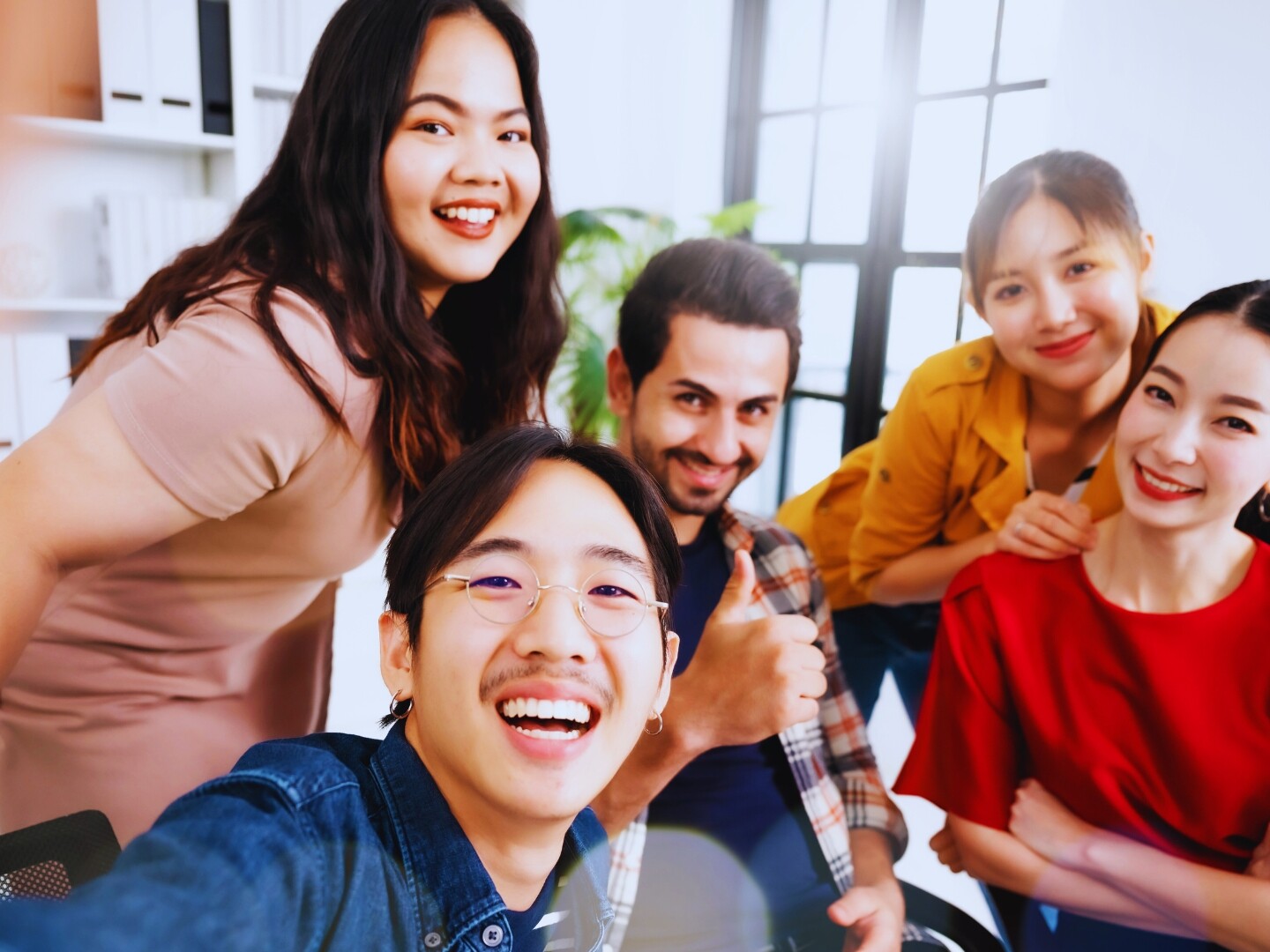

Language
While Malay is Singapore’s national language, English serves as the main language for business, administration, and education. The country officially recognizes four languages: Malay, English, Mandarin, and Tamil, reflecting its multicultural identity.
Religion
Singapore’s cultural diversity extends to religion. Buddhism, Taoism, Christianity, Islam, and Hinduism are the predominant faiths. Additionally, smaller religious groups like Sikhs, Jews, and Zoroastrians exist, along with significant non-religious and atheist communities, showcasing the city-state’s religious plurality.
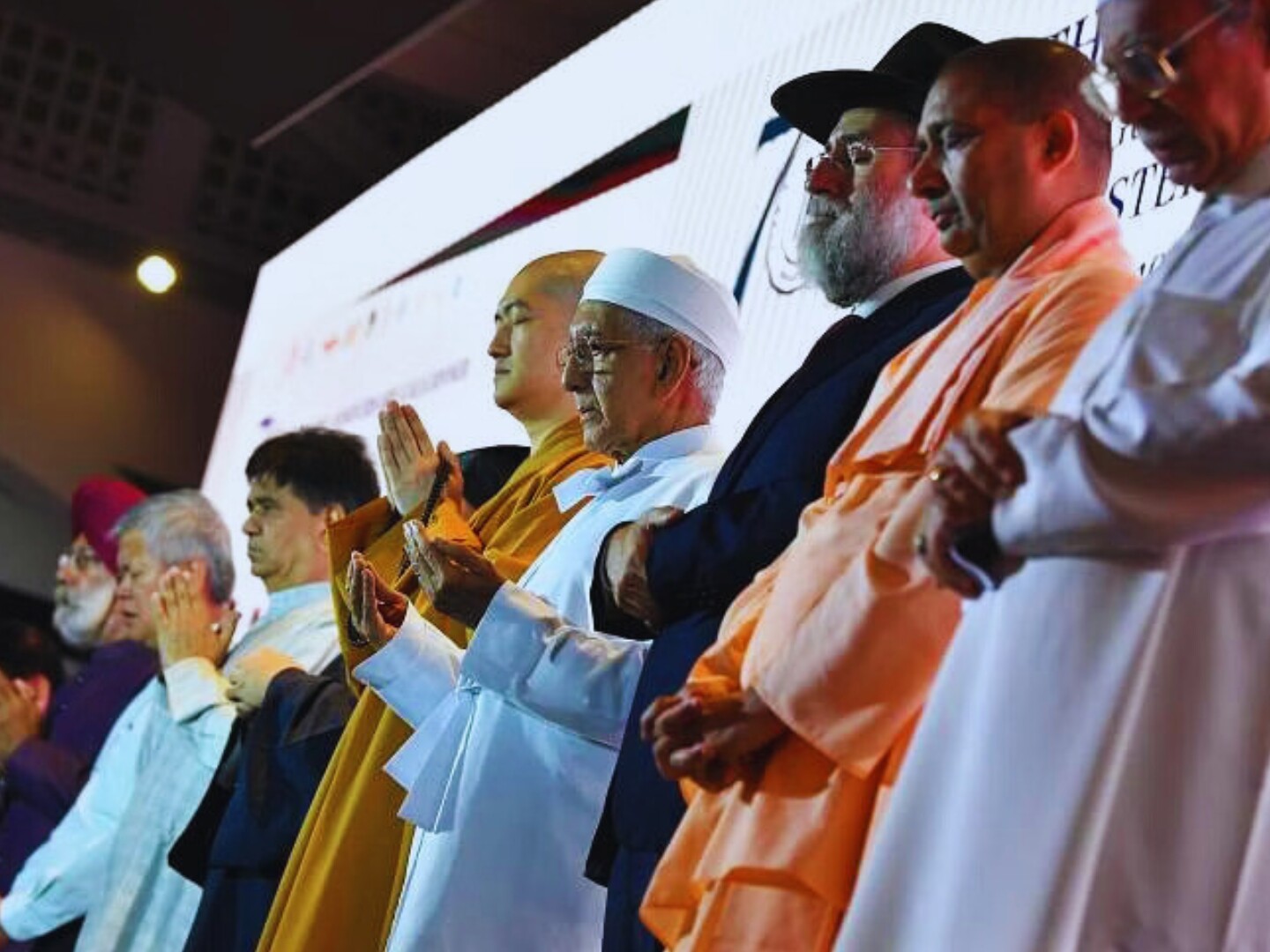

A melting pot of cultures
This guide helps you understand and navigate Singapore’s diverse social customs and etiquette, ensuring respectful and smooth interactions.
TYPICAL CUSTOMS
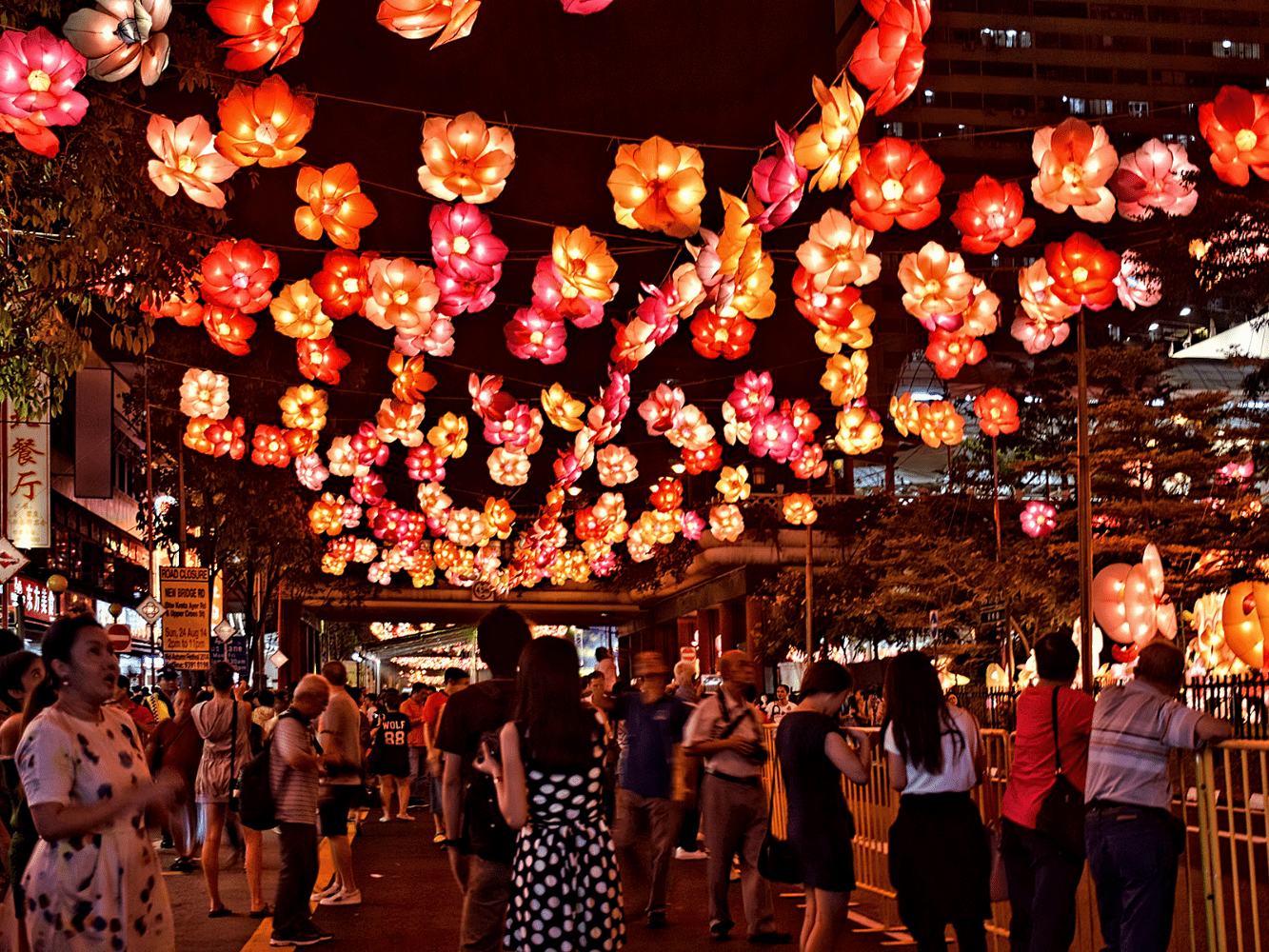
Cultural holidays
With many ethnic races residing in Singapore, there are different cultural holidays celebrated here as well. Some of the major ones include Chinese New Year, Hari Raya Puasa and Hari Raya Haji as well as Deepavali. Do keep an eye out for the cultural celebrations hosted by Student Life on campus as well.

Uniquely Singapore
In Singapore, you may hear Singlish, a blend of English and Singaporean slang, spoken by the natives here. There is also a practice of using tissue packets to reserve tables at hawker centres and food courts; do not be alarmed by seeing belongings on a table.
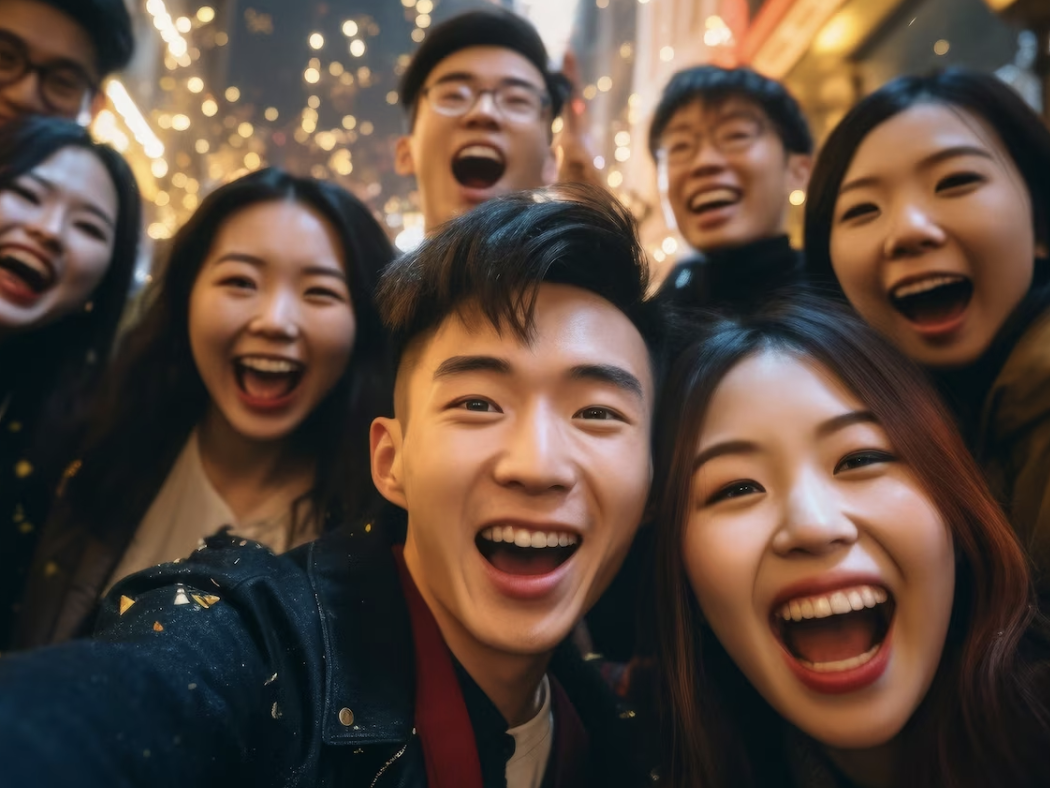
Greetings and introductions
In Singapore, initial meetings usually involve a firm handshake, nod, or smile rather than hugs or kisses. Start by greeting the eldest or highest-ranking person. Remember, the right hand is preferred for most social interactions, as the left hand is considered less clean in Indian and Malay cultures. Punctuality is highly valued, so it’s important to arrange meetings in advance and arrive on time.
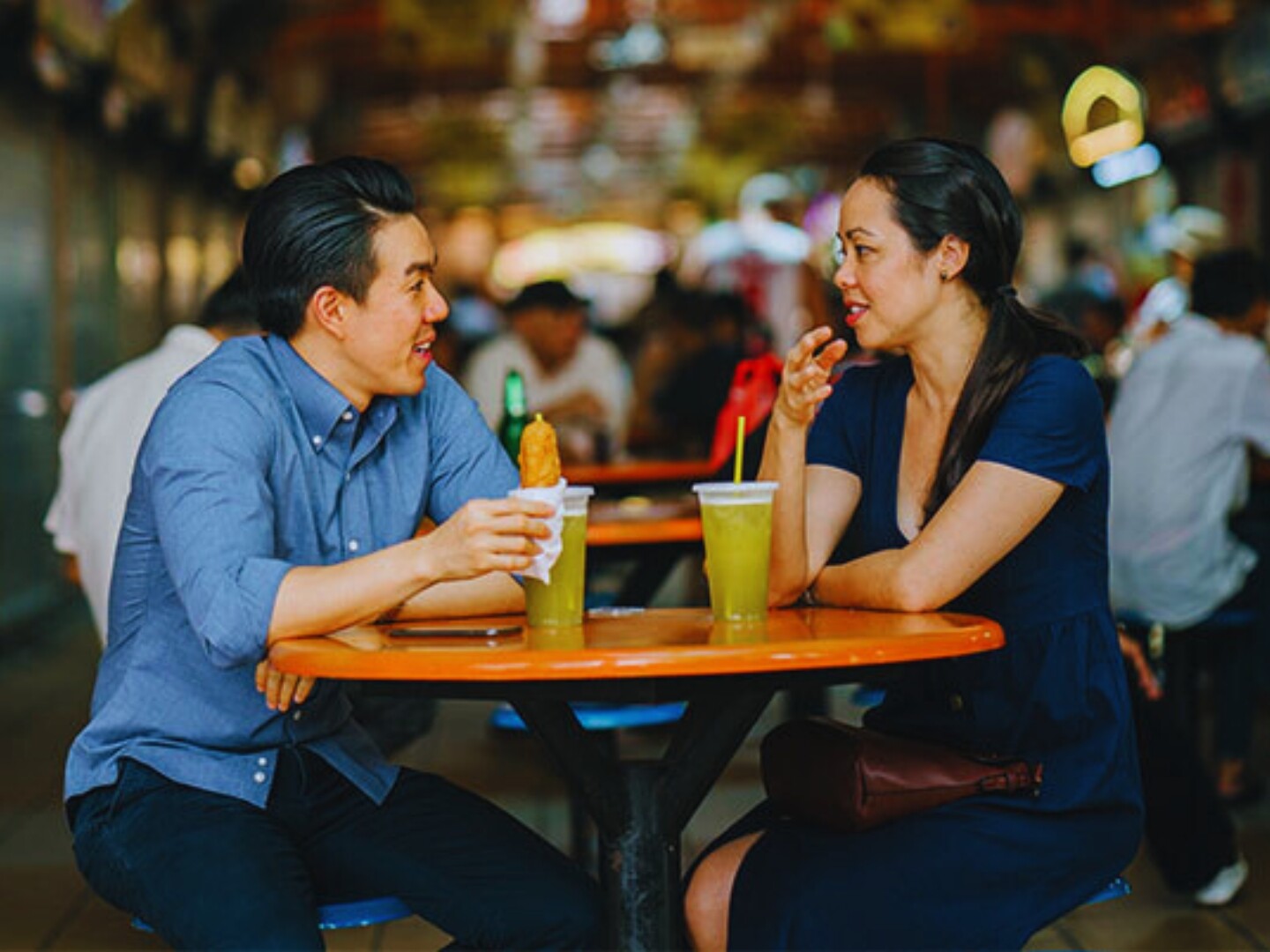
Food customs and etiquette
Singapore’s multi-ethnic society has specific dietary preferences. Muslims eat Halal food and abstain from pork and alcohol. Hindus and Buddhists often avoid beef, and some follow vegetarian diets or exclude garlic, onions, and certain spices. During Ramadan, be mindful of Muslim fasting practices by not offering food or scheduling meals during daylight hours.

Shopping and tipping
In Singapore, prices in shops are usually fixed, and bargaining is uncommon except in smaller markets like Bugis or Chinatown. Tipping is not customary as a 10 percent service charge is often included in bills at restaurants and hotels. However, you can tip when service charges are not added.
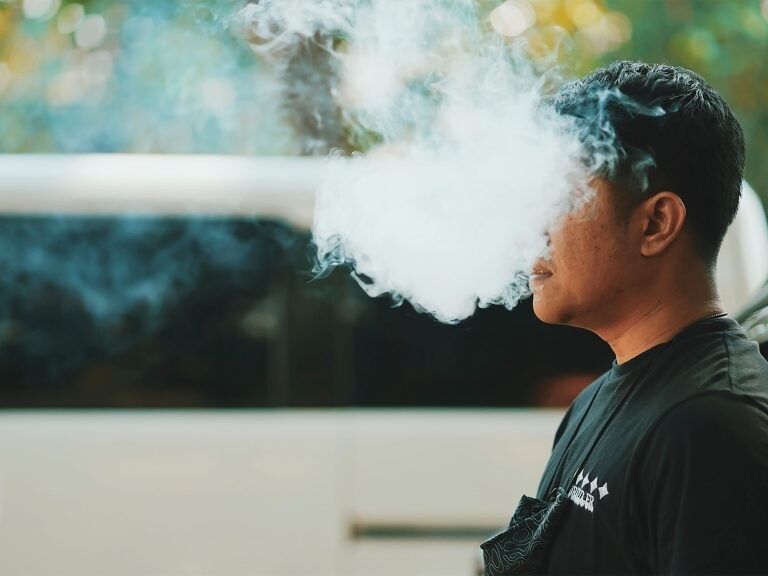
Important legal framework
Visitors to Singapore should stay informed about local laws. Littering can incur a fine of up to SG$1,000 for first-time offenders. Chewing gum and vaping are banned, with fines of up to SG$2,000. Possessing certain amounts of illegal drugs can result in the death penalty for trafficking.
Student life
Experience life at ESSEC Asia-Pacific.
Nothing found.

About student leaders
Student leadership at ESSEC Asia-Pacific consists of representative from each cohort who are either elected or appointed.
LEADERSHIP GROUPS
GBBA Student Councils
The GBBA Council at ESSEC Asia-Pacific is comprised of a team of students. The Student Council organises general events, sports and artistic activities, and get-togethers for the cohort. Each council includes roles like President, Vice-President, and more, coordinating closely with the APAC Student Life team.
ESSEC BDE and BDS
Following French traditions, postgraduate students at ESSEC are represented by the Bureau de Etudiants (BDE) and Bureau de Sports (BDS). Each Master’s program elects or nominates its BDE and BDS, who are responsible for organizing events and sports activities within their cohorts and liaising with the Student Life Manager for project organization.
Student Club and Interest Groups
Student Clubs and Interest Groups at ESSEC Asia-Pacific are managed by their respective teams of Committee Members, including elected, nominated, or appointed presidents and vice presidents. Additionally, certain student clubs have Club Advisors from Faculty who give guidance to students on their area of expertise and work with the Student Life Manager on project execution.

Student clubs
Student life thrives with diverse clubs in four areas: interactions, Competitions, and Entrepreneurship; Arts, Culture, and Media; Sports, Outdoor Activities, and Wellness; and Community Service and Sustainability.
VARIOUS CLUBS

Badminton Club
Formed in 2022, the club practices weekly for skill enhancement and inter-varsity competitions, emphasizing enjoyment and skill development in badminton.

Volleyball Club
The club offers a casual and inclusive environment for students to enjoy friendly games and stay active. Open to all skill levels, the club encourages connection, teamwork, and a shared love for the sport.

Swimming Team
The ESSEC APAC Swimming Team is a fun, inclusive, and diverse community for students who enjoy swimming and relaxing together. The club welcomes all levels and creates a space to connect, unwind, and make the most of campus life.

Football Club
Competing in the ESPZEN League and runner-up in the 2018-2019 season, the club also holds weekly practices and internal competitions, representing ESSEC in football.
